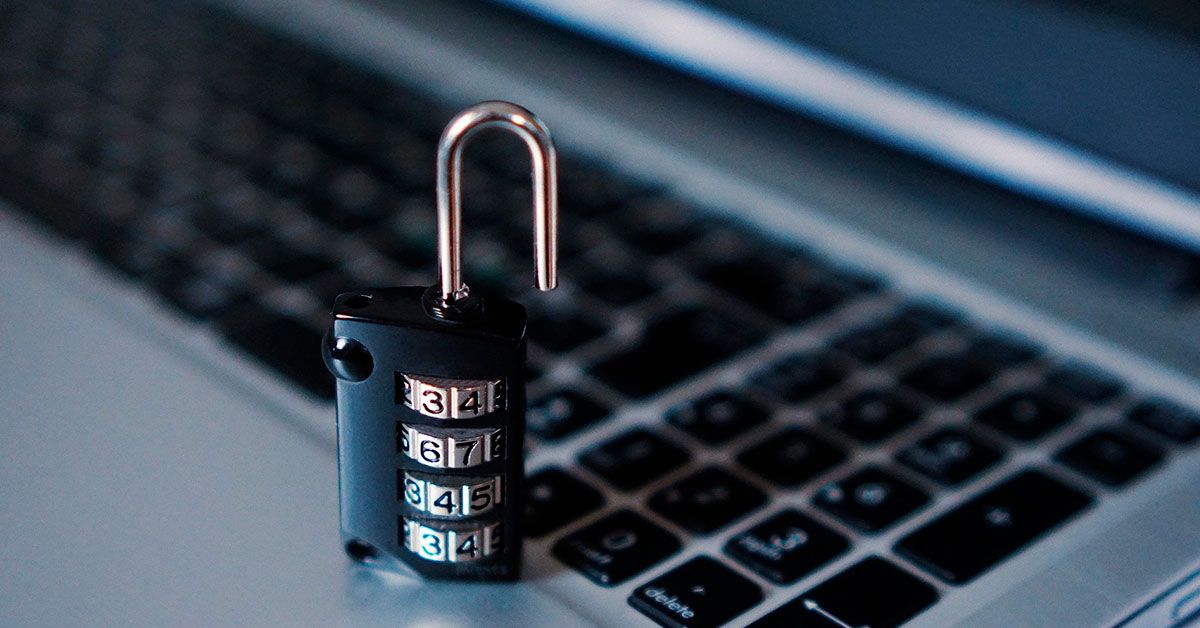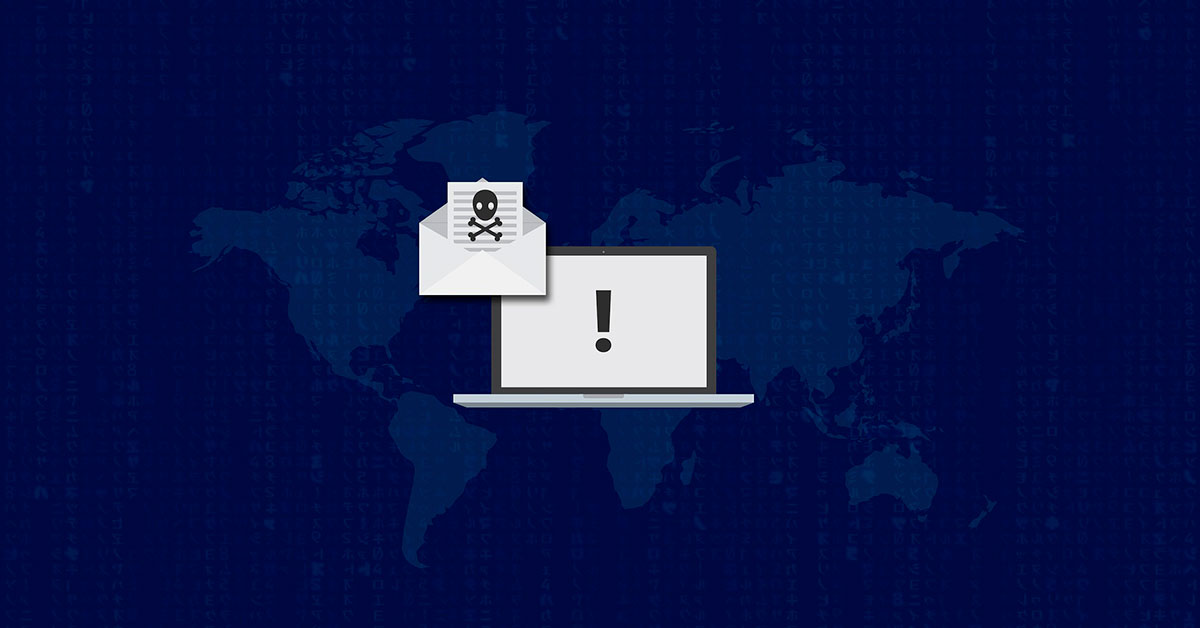Recommendations for digital security when surfing the Internet

We use the Internet in many situations of our daily lives: work, leisure, shopping, communication, ... Do you know the dangers you are exposed to if you do not take precautions? In today's article we are going to give you some digital safety tips to avoid them.
Before starting, the first recommendation we make from our real estate agency is that you always have the operating system and antivirus application of your device updated, whether it is a computer, a tablet or a smart phone.
Now, we will explain the most common situations that involve danger on the Internet:
The phishing technique
This is one of the most common methods of impersonating a person or entity (a bank, a public administration, a company, ...) and trying to obtain personal data from the person concerned.
Most of the time it involves emails or web pages that imitate in a very plausible way the style of one of these entities with which we have a relationship or work and ask us, for example, to confirm the bank account, change the password, etc.
From Ibiza Country Villas we advise:
- Never click on suspicious links or provide information via email if you are not sure the sender is legitimate. No serious company will ask you for sensitive information (bank account numbers or passwords) in this way unless you have asked for it.
- If you found a property for sale in Ibiza and do not know the physical location of the company you are searching with, be suspicious. Another element to take into account is that it has a fixed telephone number to which you can be directed, as is the case with our real estate agency. We explain you why to trust us in this link.
LOOKING FOR REAL ESTATE IN IBIZA?
At Ibiza Country Villas we have got houses, villas, flats and apartments for sale. Have a look at our real estate portfolio from this link.
- In order not to fall into problems that may be difficult to solve or that may have very unwanted consequences, on the Internet it is always better to be suspicious. Phishing techniques can be very well developed, so being completely sure of every step you take on the net is mandatory.
We continue with another danger that we can find while surfing on the Internet, namely consulting e-mail.
The danger of attachments
Even if we know the sender of the e-mail we just received, it does not mean that we are completely safe from possible scams. That person may also have been compromised by your device and may be unknowingly collaborating with the scam.
So, if you have received an email with an attachment, make sure it is secure or of the type you were expecting to receive. For example, if you've asked for a photo or document and find that the file extension is not correct (JPG for images, DOC for text or XLS for spreadsheets), you should be suspicious.
From our real estate agency we recommend:
- If your email provider doesn't have built-in anti-virus (Gmail or Outlook do, by default), be sure to use an anti-virus application that also 'covers' the program or web you use to send and receive mail.
- If you suspect that the mail you have received is not what you were expecting, do not open any attachment without checking it against the sender, as you could expose yourself to personal information theft.
Related to this last point, we introduce one of the most difficult scams to solve and with which we must be especially careful:
Ransomware or device hijacking

You may have heard of the famous "Wanna Cry" virus in 2017, which affected tens of thousands of computers in many companies around the world. This "ransomware" worked by blocking sensitive information to affected devices and asking for money in exchange for unblocking them and not exposing them on the web.
This is one of the most elaborate and difficult extortion techniques to solve, so as we have discussed at the beginning of this article, it is essential that we always have our operating system and anti-virus software up to date.
In any case, if you are unfortunately affected by one of these "malwares" (malicious software), from our real estate agency we recommend
- Never make a payment to the extortionist as they usually ask for the "reward" using encrypted currency systems such as BitCoin, which are almost impossible to trace.
- Report your case to the National Police and report what happened: the force has a special unit for cybercrimes that can help you. In addition, you will collaborate to find the criminal so that it does not happen to other people.
These are the most common dangers you can encounter while surfing the Internet. Before finishing with this post, from Ibiza Country Villas we want to leave you other general recommendations to avoid unwanted problems.
General Tips to Avoid Internet Scams and Thefts
1) Use hard-to-guess passwords using numbers and special characters. The typical "1234", your surname or place of residence, the name of your children, ... are very bad ideas. Update it regularly and don't share it with anyone.
2) Do not use the same password in two or more different places. Imagine that this is exposed: if you have "only" access to your email, for example, the cybercriminal could pose as you in various social networks or even your website, your work or your school, etc.
3) If you suspect that you are on a malicious website, you can check it with Google's "Safe Surfing Site Status" tool, accessible from this link.
Follow us and don't miss the next article on our real estate agency blog!
Images: TheDigitalWay and vishnu vijayan at Pixabay








